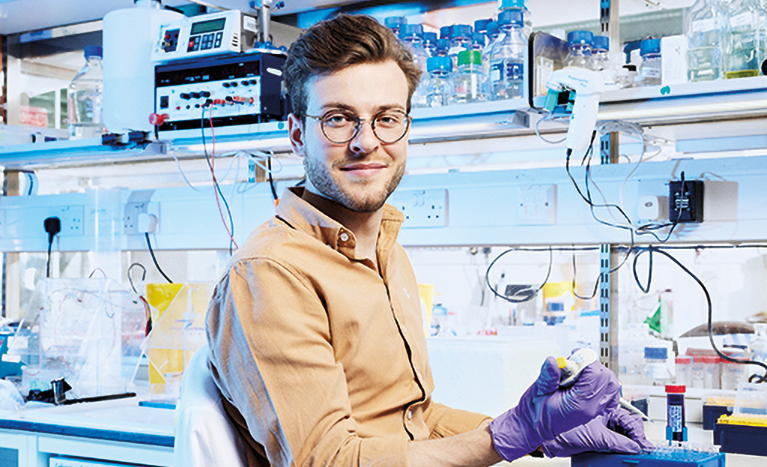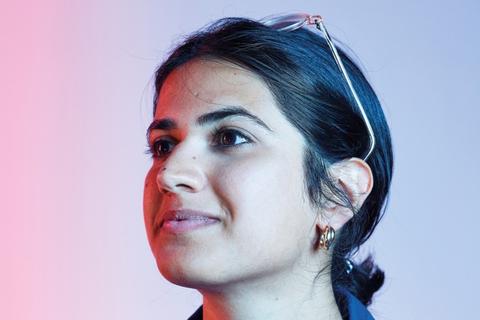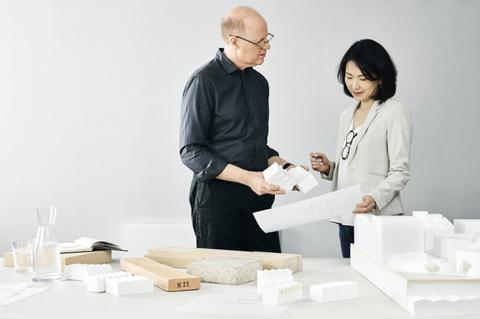Niklas — Adapting & Evolving
Over the past year, research programmes have had to adapt to closures of laboratories and libraries. Niklas describes how he has made the best of the challenges he’s encountered.

Evolution is a mesmerising process. In fact, I find it so fascinating that I set out to study and leverage its power to explore chemical cousins of DNA: unnatural nucleic acids with a chemical structure foreign to our own genetic information carrier. I emulate fundamental evolutionary processes in order to chart new chemical territory in genetic molecules. By exerting selection pressure on this molecular system, I set foot in new functional space.
In recent months, however, the sober reality of molecular evolution and its impact on genetic molecules has become far too real. Evolutionary pressures such as changing (human) hosts and disease- or vaccine-induced antibodies, make SARS-CoV-2 adapt and evolve its genetic information content encoded in DNA’s sister molecule RNA, giving rise to new variants.
At the beginning of the pandemic, I experienced an absurd mixture of horror and mad-scientist enthusiasm for this real-world experiment in evolution. My lab was closed for several months, but the species ‘scientist’ finds ways to adapt to a new habitat. To counteract the delay of my experiments I caught up on reading, worked on my first-year report, and started an application for an extension of my funding.
When the MRC Laboratory of Molecular Biology finally reopened, we encountered a new world of reduced occupancy in lab spaces and shift systems. And even in daily procedures, the pandemic has left its mark, with a continuing shortage of everyday lab supplies: disposable pipette tips became a highly sought-after commodity overnight. Think baker without flour. This has been exacerbated by Brexit: long-awaited deliveries were held back for weeks at Customs. But we learned to adapt.
Nevertheless, this is also a good time for nucleic acid scientists. The development of the first nucleic acid-based vaccines is a spectacular demonstration of what fundamental scientific research can adapt to in a very short time if resources, global need and public interest join forces. I also learned to adapt to a new way of living both in the lab and also in general. Using the ways of evolution, I am currently building the tools to unlock a chemical cousin of DNA for widespread therapeutic usage. I, too, learned to evolve.


